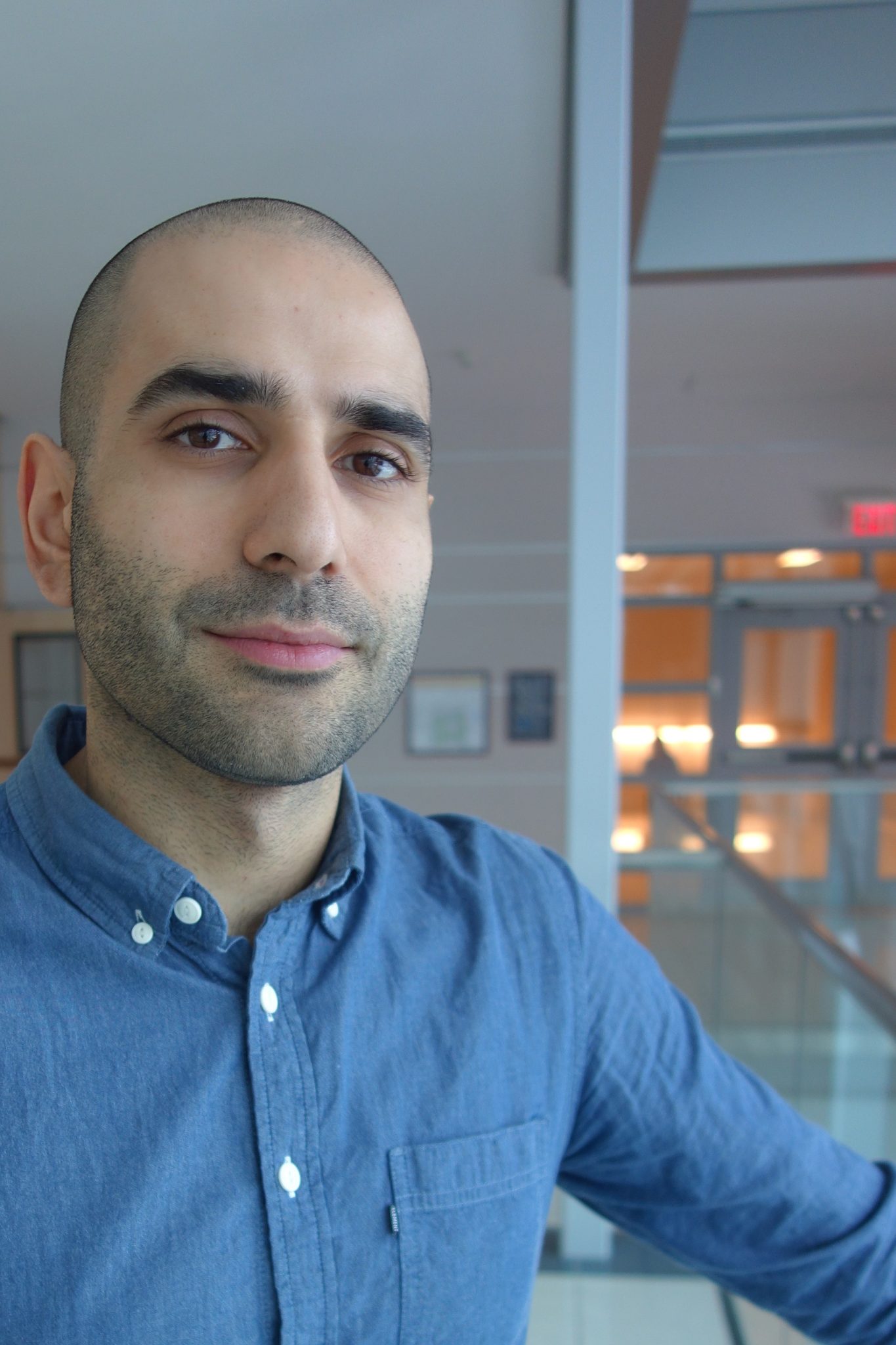
Manuel Muntoni is a postdoctoral researcher, who has been working with TBTI since 2016. His research is mainly focused on marine ecology, with a particular reference to fish ecology, as well as conservation and coastal management problems linked to global changes. He is currently working on (i) the interaction between global changes and small-scale fisheries and (ii) the effects of stakeholder involvement on MPA effectiveness. He obtained his PhD in Environmental Biology at the University of Cagliari in Italy, with research focused on the early life stages of fish (larvae, post-larvae and juveniles) and the processes of ontogenesis, settlement, recruitment and how these processes influence connectivity patterns.
What are you currently working on within the context of SSF?
My interest is actually oriented toward the enhancement in understanding susceptibility of small-scale fisheries to global changes. In particular, my research focuses on the evaluation of Small-Scale Small Pelagic Fisheries responses of different types of changes, local or large-scale, climate-related or others (environmental, economical, markets and regulations related). The objective is to create baseline knowledge, by using others’ experiences, that could be used by fishing communities and fisheries managers to be prepared for change and prevent crisis. In fact, for many fishing communities small pelagic fishes represent a very important source of livelihood, particular in developing countries, and learning from others’ lessons could guarantee their sustainability.
If you could single out one or two most significant factors for securing sustainability of SSF, what would these factors be?
One of the biggest challenges for SSF is dealing with the wide variability associated with these fisheries. The heterogeneity of these fisheries - both technical, economical, cultural and historical - makes it particularly difficult in the implementation of the already existing general guidelines. For this reason, the first steps for securing their sustainability, is trying to reduce their vulnerability by understanding, case by case, which factors might undermine the capacity of these fisheries to adapt and to cope with a changing world.















